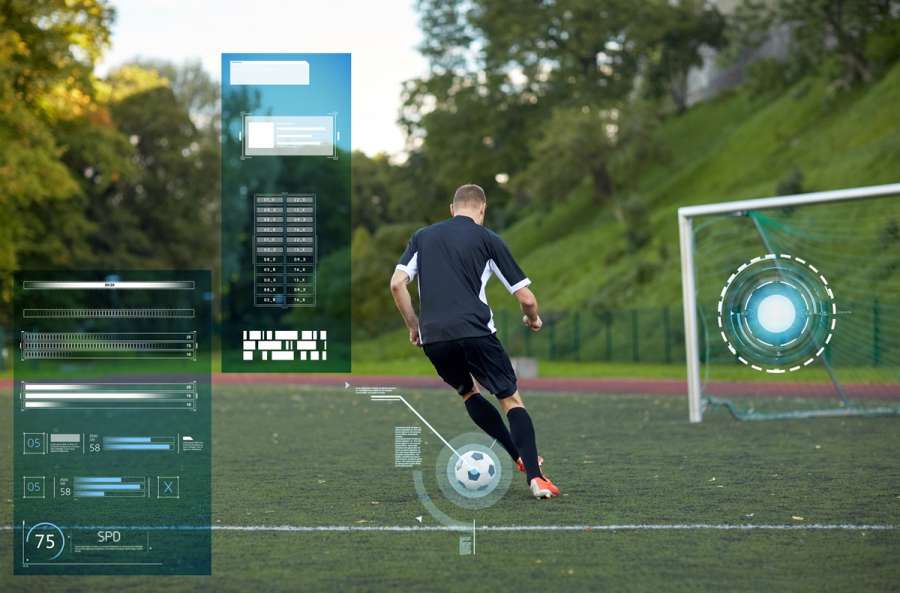Beneath the glamorous surface of such technological innovation in elite football lies interesting yet challenging legal and regulatory considerations that individuals and organisations ought to bear in mind. We have set out some key considerations to bear in mind when deciding whether to adopt such technologies:
Data
Many of the technologies noted above and the emerging technologies being used in football and sports more generally rely almost entirely on the data being attributed to them. Such data is likely to include personal data and, in particular, special categories of the athlete’s health data, which will be subject to data protection law.
Clubs will, therefore, need to ensure that the relevant contractual arrangements are implemented to document the requisite consent from the player for the collection and processing of such data, which party shall own such data (which will undoubtedly have significant value), and confirmation of what appropriate protections shall be applied to such data.
We have already seen what can arise where such principles are not clearly agreed and documented with Project Red Card, under which claims (expected to be worth hundreds of millions of pounds) are being brought by more than 850 current and former professional footballers over the alleged collection and use of their performance data by gaming, betting, and data processing companies.
Whilst the outcome of Project Red Card is awaited, it is likely that a successful claim would represent a huge shift in athletes taking ownership of their performance data and could transform the way athletes exploit and use their data.
Data breaches
What happens if the tech provider is subject to a data breach which results in an athlete’s special category data being leaked or stolen? It is highly likely that such tech providers will be the target of cybercriminals, given the significant value and confidential nature of such data.
It is, therefore, essential that when seeking to implement such technologies, football clubs ensure that they have the benefit of adequate contractual remedies, such as subjecting the tech supplier to uncapped liability or super caps in relation to any breach of confidentiality or data protection obligations and ensuring that the tech supplier has adequate security systems in place to protect against such risks.
Marketing
As many of the new technologies being utilised in sports are being rolled out by start-ups and SMEs, they will likely be keen to make public announcements about the partnership. The tech provider’s terms and conditions are likely to include a clause permitting them to make such announcements, so clubs should be wary and give adequate consideration to such clauses prior to agreeing to them.
Exclusivity
Predominantly, such technologies are continuously learning based on data that has been previously inputted; it is, therefore, possible that a competing club could implement the same technology, thereby benefitting from the data that has already been inserted.
Thus, depending on the party’s bargaining power, a club may wish to include an exclusivity clause within the commercial agreement with the tech supplier to ensure that a competing club cannot gain a competitive edge by utilising the same technology.
Regulation of AI
It appears likely that the UK Government will implement regulation or legislation to govern the use of AI in the near-distant future, and whilst it remains to be seen how such rules will impact the use of AI, as many of the technology solutions being implemented incorporate AI, it is something which football clubs should remain up to date on.
Failure of the technology
Football clubs need to carefully consider the possible risks and implications that a failure of the technology could have on the club, including:
-
- How much reliance should be placed on the technology?
- How could a failure of the technology affect the individual player and, more widely, the club?
- Who will bear the liability for such failure?
- What remedies (if any) are available to the club for such failure?















